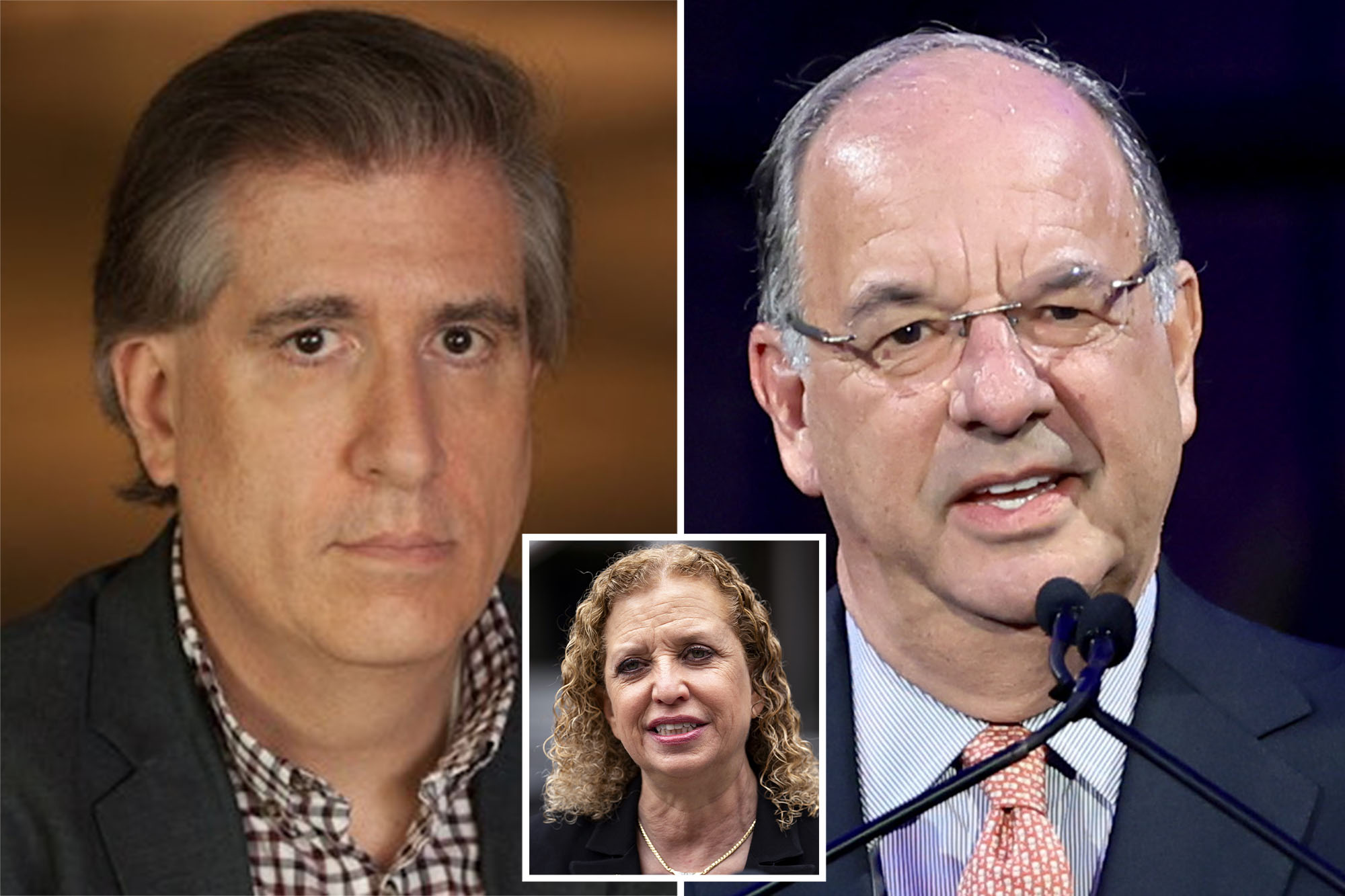New revelations from unsealed intelligence documents indicate a series of confidential discussions in 2016 between high-ranking members of liberal billionaire George Soros’ Open Society Foundations, the DNC, and the Clinton campaign team, raising questions about influence and strategy during a pivotal 2016 Election year. These recently disclosed files shed light on clandestine efforts to shape the political narrative and manage campaign challenges, forming a significant Political Scandal.
Key figures identified in the memos include Leonard Benardo and Jeffrey Goldstein of Open Society, who reportedly met with then-DNC chairwoman Debbie Wasserman Schultz. The primary objectives of these early 2016 conversations allegedly centered on strategies to discredit Donald Trump while simultaneously diverting public attention from the mounting scrutiny surrounding Hillary Clinton’s private email server and potential corruption during her tenure as Secretary of State.
The context of these discussions is deeply rooted in the controversy surrounding Clinton’s unauthorized use of a private email server. Despite an FBI investigation confirming that her messages contained “very sensitive, highly classified information,” no charges were ultimately brought. The Soros operatives reportedly discussed the “timely deletion of relevant data from mail servers” with Wasserman Schultz in a January 2016 memo, highlighting the immediate concerns over this “growing scandal.”
Further documents suggest that then-President Barack Obama expressed a desire to prevent the controversy from overshadowing the final phase of his presidency. A March 2016 memo indicates an apparent attempt to pressure Attorney General Loretta Lynch to intervene in then-FBI Director James Comey’s investigation into Clinton’s emails, suggesting that Obama “sanctioned the use of all administrative levers” to mitigate negative effects from the ongoing FBI investigation probes.
The DNC, assessing the threat posed by these scandals to the Clinton campaign as “minimal,” reportedly devised a “two-pronged counter-attack” focused on discrediting Trump. This strategy involved “debates and propaganda activities,” purportedly with the assistance of “special services.” This could have entailed direct involvement from intelligence agencies or the utilization of the now-discredited Steele dossier, which alleged damaging connections between Trump and Russia.
A bombshell July 27, 2016, email from Benardo reportedly outlined a plan approved by Hillary Rodham Clinton and her adviser Julianne Smith, described as “a long-term affair to demonize Putin and Trump.” The explicit goal was to use claims of “Russian hackers hampering U.S. elections” as a distraction from Clinton’s own “missing emails,” aiming to transform the perception of Russian interference into a “U.S. domestic issue.” This adds another layer to the complex Political Scandal.
In response to these disclosures, a spokesperson for the George Soros Open Society Foundations vehemently denied the accusations, labeling the claim of orchestrating an FBI investigation as an “outrageous falsehood.” They asserted that the information is “malicious disinformation traced to Russian intelligence” and part of a “politically motivated campaign” against their organization, emphasizing their nonpartisan status and the Durham report’s finding of “no wrongdoing” by their staff.
Despite the gravity of the intelligence files, which were reportedly handed over to the Obama FBI and shared by Deputy Director Andrew McCabe with senior Justice Department officials, the information directly implicating Hillary Clinton in aspects of the Russiagate scandal was allegedly never fully investigated. Former FBI general counsel James Baker expressed significant discomfort with Lynch’s interactions with the Clinton campaign, citing concerns that she might “use her position to make sure that Hillary Clinton was not prosecuted.”
Special counsel John Durham’s multi-year investigation into intelligence efforts surrounding the 2016 election unearthed these stunning details. While Durham assessed the “Benardo emails” were “likely authentic,” his office was “unable to locate” the records at Open Society or other think tanks. His annex concluded that the emails were “likely a composite of several emails” obtained through Russian intelligence hacking of U.S.-based think tanks, suggesting a complex interplay of information and influence during a highly volatile Political Scandal.






Leave a Reply